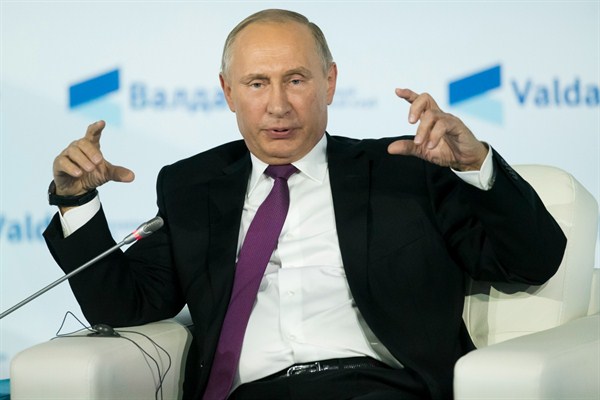When World War II ended in 1945, the United States hoped that wartime cooperation with the Soviet Union would continue. The dream of then-President Franklin Roosevelt was for an enduring partnership of the victorious great powers acting together to prevent future world wars. But this was not to be. Whether ideological differences between the Soviet Union and the United States doomed postwar cooperation from the start, or the idea was deliberately sabotaged by Soviet Premier Joseph Stalin, Washington and Moscow were soon locked in the Cold War.
The United States—new to great power statecraft and global leadership—did not know initially how to respond to what it saw as a rising Soviet threat. But by the end of the 1940s, American policymakers and security experts had agreed that the only viable strategy was containment of the Soviet Union using revived U.S. military power, a network of alliances, and economic, political and military support to anti-communist nations and political movements. Over the decades, containment came at a great economic and human cost. But eventually it worked: The Cold War ended in the early 1990s without direct military conflict between the United States and the Soviet Union.
Unfortunately that did not permanently end the problems between Washington and Moscow. Now a new Cold War is beginning as a revived Russia challenges and undercuts the United States and the liberal international order that Washington helped engineer. But this time may be different: Russia seems to have learned the lessons of the original Cold War better than the United States and is attempting to make itself uncontainable.

